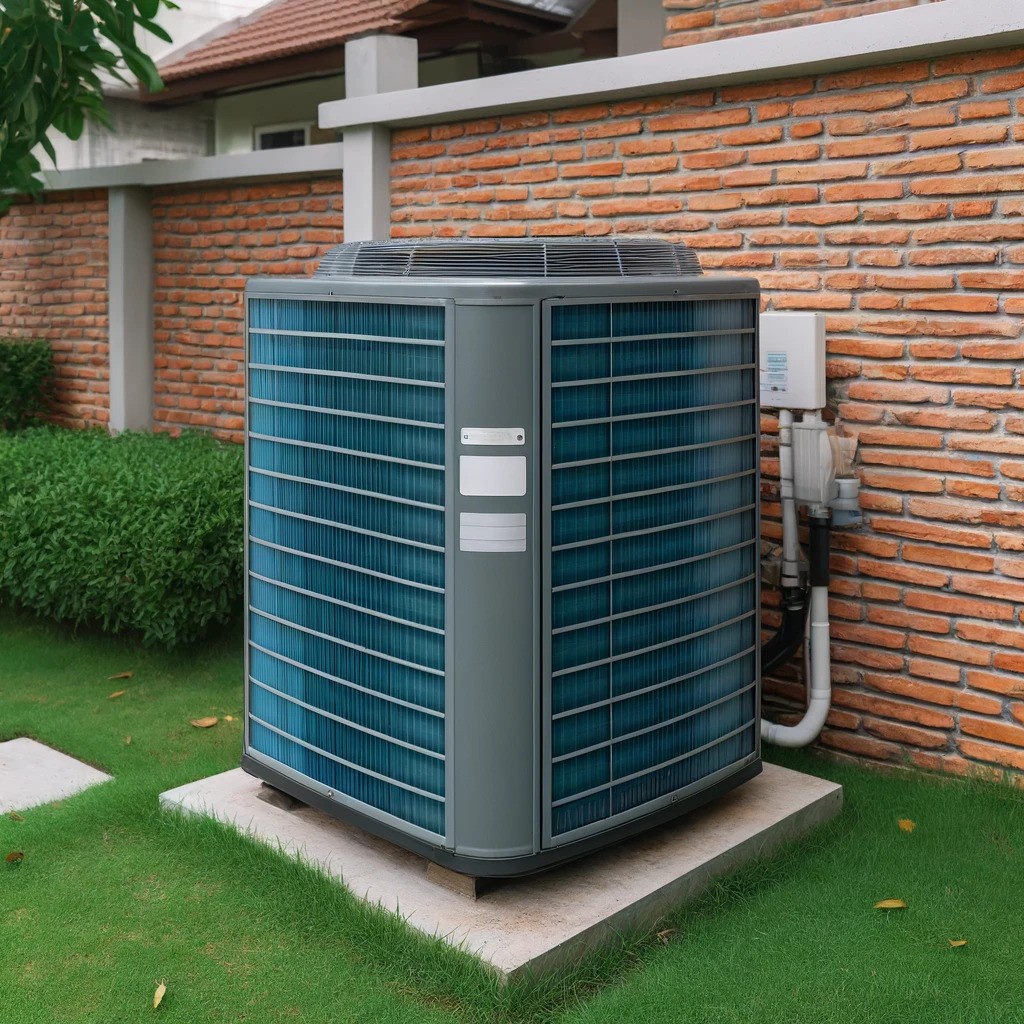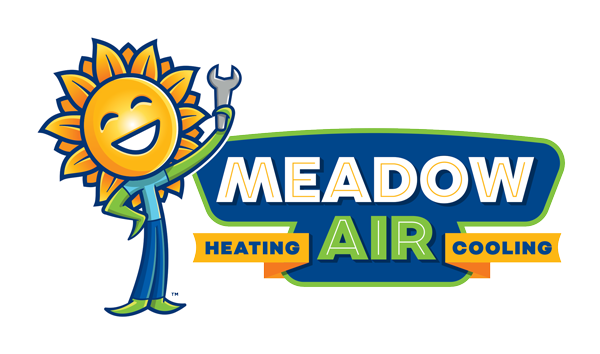How Long Does HVAC Last?

An HVAC system is the central part of any home. It’s what keeps your house cool in the summer and warm in the winter. For your HVAC to work properly and last as long as possible, you’ll need to consider a wide range of factors—everything from routine maintenance and repairs to the climate in your region and the quality of installation.
People who live in warmer regions like Phoenix, AZ, often have to replace their systems sooner due to heavier usage during hot summers. But climate alone isn’t the only factor that affects how long an HVAC system will survive.
So, how long does an HVAC system last? Let’s break down the typical lifespan, explore the main factors influencing longevity, discuss how to keep your system running efficiently, examine costs, and answer some of the most common homeowner questions.
What You’ll Learn in This Guide
- Lifespan Factors: Discover the typical lifespan of an HVAC system and what affects it.
- Wear and Tear: Learn how regular use impacts performance and durability.
- Maintenance Best Practices: Find out what you can do as a homeowner to extend the life of your HVAC system.
- Common Homeowner Concerns & Warning Signs: Recognize the red flags indicating your HVAC may be nearing the end of its life.
- Professional Care: Understand the importance of timely repairs and regular professional maintenance.
- Installation Tips: Get tips on hiring HVAC professionals to ensure proper sizing and high installation standards.
- Cost and ROI Insights: Explore approximate replacement costs for different types of HVAC systems and learn about possible energy savings and rebates.
- FAQ Section: Get quick answers to common questions on service schedules, repair vs. replacement, and more.
The Life Expectancy of an HVAC
In general, HVAC systems can last anywhere from 10 to 25 years , depending on the type of system, model, and how well it’s maintained. Many homeowners see an average of 12 to 15 years of service life with consistent maintenance.
Key Factors Affecting HVAC Lifespan
While “10 to 25 years” is a useful rule of thumb, multiple factors can push your HVAC system toward either the lower or higher end of its potential service life.
| System Sizing |
|
| Local Climate Conditions |
|
| Brand Quality and Manufacturing |
|
| Installation Standards |
|
| Maintenance Frequency |
|
Typical HVAC Component Lifespans
Use this quick-reference chart to get a sense of how long each part of your HVAC system might last. Keep in mind that actual service life can vary depending on climate conditions, usage patterns, installation quality, and maintenance habits.
| HVAC Component | Typical Lifespan |
|---|---|
| Furnace | 15–20 years |
| Central AC Unit | 12–15 years |
| Heat Pump | 10–15 years |
| Boiler | 15–30 years |
| Ductless Mini-Split | 12–15 years |
Note: These timelines are approximations. Usage habits, climate variations, quality of installation, and ongoing maintenance can all significantly impact how long your system components actually last.
How Wear and Tear Affects Your Unit
No matter how well you care for it, every HVAC unit will need replacement eventually . However, by limiting wear and tear, you can extend its lifespan. Regular tasks like cleaning coils, ensuring the unit is free of debris, and monitoring refrigerant levels help the system avoid working overtime.
Structured Maintenance Checklist
The cornerstone of a long-lasting HVAC system is regular maintenance . Below is a quick checklist broken down by monthly, quarterly, and annual tasks to ensure consistent performance.
Monthly Tasks
| Check and Change Air Filters |
|
| Clear Debris from Outdoor Unit |
|
| Listen and Observe |
|
Quarterly Tasks
| Clean and Inspect Vents and Registers |
|
| Check Thermostat Settings and Batteries |
|
| Verify Indoor Air Quality |
|
Annual Tasks
| Professional Inspection |
|
| Deep Clean Coils and Blower Components |
|
| Ductwork Examination |
|
| Lubricate Moving Parts |
|
Tip: Keep a log of maintenance tasks and technician visits. This makes it easier to track your system’s history and anticipate upcoming needs.
Common Homeowner Concerns & Warning Signs
If your HVAC system is over 10 years old, it’s smart to watch for these red flags:
- Skyrocketing Energy Bill. A sudden spike in your electric or gas bill without major lifestyle changes can indicate an inefficient or failing HVAC.
- System Running Non-Stop. The AC is running nearly continuously—even in mild weather—suggesting low refrigerant, dirty coils, or an undersized system.
- Uneven Temperatures or Weak Airflow. One room is ice-cold while another feels noticeably warmer, pointing to duct problems or a failing blower.
- Strange Noises or Odors. A rattling noise might indicate loose parts, while a musty odor could signal mold in the ducts or a clogged condensate line.
- Frequent Breakdowns and Repairs. If you’re calling a technician multiple times a year, it may be more cost-effective to replace than continually fix.
- Thermostat Issues. The system runs erratically or never reaches the set temperature, hinting at deeper mechanical or electrical problems.
Timely Repairs Make a Difference
Small HVAC problems can escalate quickly. For instance, a dirty blower wheel or a failing capacitor might not be obvious at first, but it can cause your unit to overwork, driving up energy bills and risking early failure.
- Prevent Breakdown: Routine repairs help avoid major issues that can be costly to fix.
- Preserve Efficiency: A well-maintained system uses less energy and provides more reliable temperature control.
- Protect Your Investment: Proactive care and timely repairs can prevent premature component replacement.
Cost and ROI Insights
Replacing an HVAC system is a significant investment, but the long-term benefits —including energy savings, improved comfort, and potential rebates—can offset the initial outlay.
Approximate Replacement Costs
| Furnace: $3,000–$7,000 |
|
| Central Air Conditioner: $4,000–$8,000 |
|
| Heat Pump: $4,000–$9,000 |
|
| Boiler: $5,000–$9,000+ |
|
| Ductless Mini-Split: $2,000–$5,000 (per zone) |
|
Note: These are rough estimates and can vary by region, brand, and local labor costs. Always request detailed quotes from multiple HVAC professionals.
Potential Energy Savings
Higher Efficiency: Replacing an older HVAC system (10+ years old) with a modern, high-efficiency model could save anywhere from 10% to 30% on monthly energy bills, depending on the inefficiency of the old system.
Rebates & Incentives: Some utility companies or government programs offer rebates, tax credits, or low-interest financing for installing energy-efficient heating and cooling systems (such as ENERGY STAR–certified units). Check local and federal programs to see if you qualify.
Balancing Short-Term vs. Long-Term Costs
Short-Term: A budget-friendly system might be cheaper to install but often comes with higher monthly bills and more frequent repairs.
Long-Term: A higher-efficiency, premium-brand system costs more upfront but can pay for itself through reduced energy bills, lower repair costs, and longer service life.
How Often Should You Schedule Professional Maintenance?
While homeowners should regularly perform basic HVAC maintenance tasks, professional inspections should occur at least once per year—ideally twice. Scheduling a spring service helps prepare your cooling system for the hot summer months, while a fall inspection ensures your heating elements are ready for colder weather. During these routine visits, technicians thoroughly inspect and clean key components, test refrigerant levels, and make necessary adjustments to optimize your system’s efficiency, comfort, and lifespan.
Hiring the Professionals
An experienced HVAC technician provides more than just a tune-up. They ensure your system is properly sized—avoiding both undersized units that run continuously and oversized units that frequently turn on and off, both of which increase energy bills and shorten system life.
Professionals also guarantee a quality installation by ensuring proper ductwork connections, refrigerant levels, and tight seals. Additionally, they offer expert advice on advanced filtration options and temperature zoning to optimize comfort based on your specific home and climate conditions.
Meadow Air Can Help With Your HVAC
If you’re in Phoenix, AZ, or the surrounding area, Meadow Air can help determine when you need to replace your HVAC system or how to maintain it for maximum longevity. Our technicians are trained professionals with years of experience in the HVAC industry.
Beyond offering tips on how long an HVAC system lasts, we provide a variety of services, including installations, repairs, and maintenance work. Call us today or make an appointment online to ensure your system is optimized for the coming season.
Frequently Asked Questions (FAQs)
Q: How often should I service my HVAC system?
A: It’s best to schedule professional maintenance at least once a year . Many homeowners find twice a year (once in spring and once in fall) to be ideal for catching issues early and ensuring optimal performance before heavy-use seasons.
Q: Is it worth repairing vs. replacing my HVAC?
A: Generally, if your system is more than 10–12 years old and needs a significant repair (like a failed compressor), you may be better off replacing the unit. For smaller fixes on a relatively new system, repairs can prolong its life without requiring a full replacement. Always compare repair costs to potential energy savings and comfort improvements a new system could provide.
Q: How much can I save by upgrading to a high-efficiency unit?
A: Upgrading from an older, inefficient system can result in 10% to 30% monthly savings on energy bills, depending on your usage, local climate, and how inefficient your old system was. Many states and utility companies also offer rebates or tax incentives for high-efficiency HVAC systems, which can further offset the initial cost.
